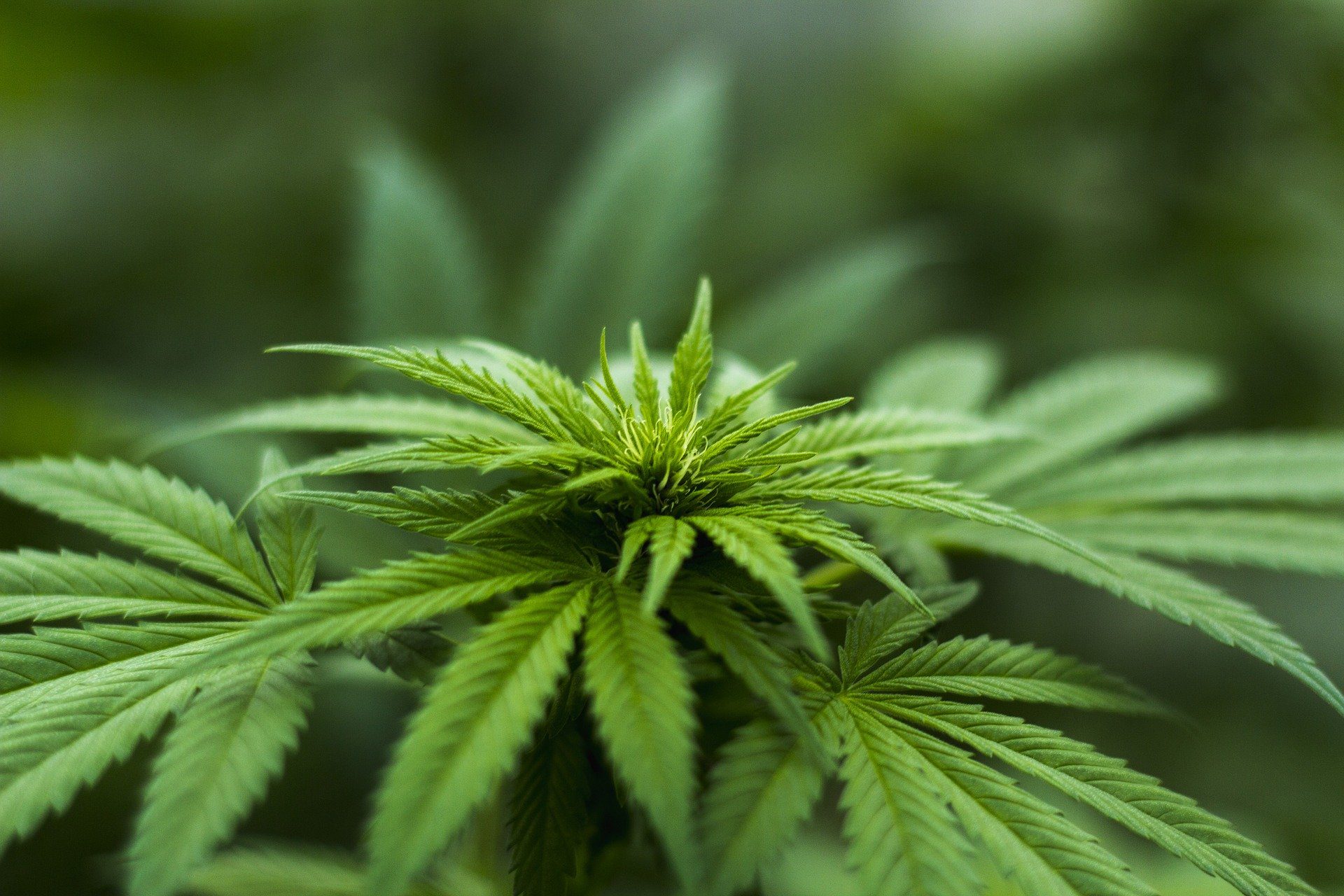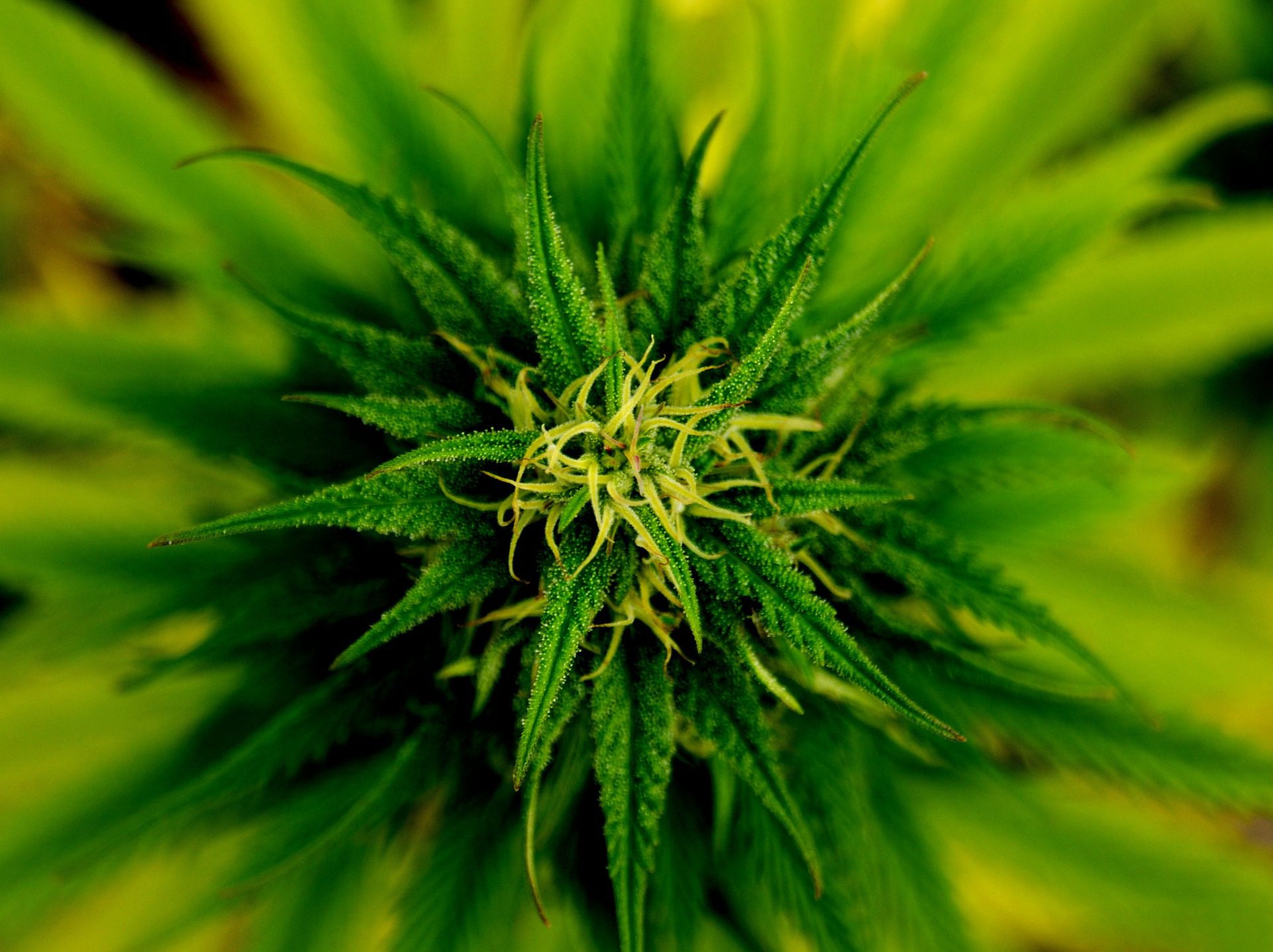
Cannabis extracts or cannabis concentrates are extracted from the cannabis plant using either a solvent method or solvent-free method. Methods that use a solvent will always produce hazardous waste as a byproduct of THC or CBD extraction. The hazardous waste cannabis extraction produces is almost always highly flammable and require a high level of safety and care to avoid accidents.
Types of Solvent Extraction

- Butane Honey Oil (BHO) – this method uses liquid butane to pull resin from the plant matter. As a result, butane-soaked cannabis becomes a hazardous waste.
- Terp Sauce (HTFSE/HCFSE) – this method uses a mixture of flammable solvents that have a low boiling point. As a result, the flammable solvents produce both liquid and solid hazardous waste.
- Propane Honey Oil (PHO) – this method, similar to that of BHO, uses propane to pull “budder” and wax from the plant. The propane-soaked plants are then considered hazardous waste.
- Dewaxed Extracts – this method involves a secondary solvent process, using ethanol and cold filtering, to pull the lipids away from the plant matter. This process is often not used to create a final product but is used as a preliminary filter in the butane process.
- Quick Wash Ethanol (QWET) — this method, also known as quick wash iso (QWISO), uses alcohol-based solvents to extract waxes, chlorophyll, etc. from the cannabis plant.
- Dimethyl Ether (DME) – this method, also referred to at MZ12X or Dexso, uses dimethyl ether, a flammable material, to pull an impure mixture of chlorophyll and THC from plant material.
- CO2 Oil – this method, which does not use any toxic or flammable, material uses carbon dioxide to pull THC oil from the plant. While carbon dioxide itself is not necessarily hazardous, it is considered a non-flammable gas and the cylinders it comes in must be treated as hazardous waste.
Marijuana Waste in Maine
As Maine is set to start taking applications for recreational and adult-use marijuana manufacturers, staying in compliance is at the forefront of the industry. Waste management plays a key role in the extraction and production process for cannabis products.
Maine’s Adult Use Marijuana Program Rule outlines the requirements for waste management. Some important notes include:
- Marijuana plants, trimming and other plant materials are not considered hazardous but do have regulations for disposal
- Non-hazardous plant waste must be ground and incorporated with other materials where at least 50% of the material is a non-plant matter
- Marijuana plants that are soaked in toxic, flammable, or other listed wastes must be treated as hazardous waste and be disposed of accordingly
- If a spill of non-hazardous marijuana waste occurs you must contact the state police immediately unless exempted according to Chapters 800 and 850 of the DEP’s regulations
- If a spill of hazardous marijuana waste occurs, the EPA, DEP, and local emergency services must be contacted in order to control the spill.
If you have any questions about the proper disposal of hazardous waste cannabis extraction can create, please contact MLI Environmental for more information.
